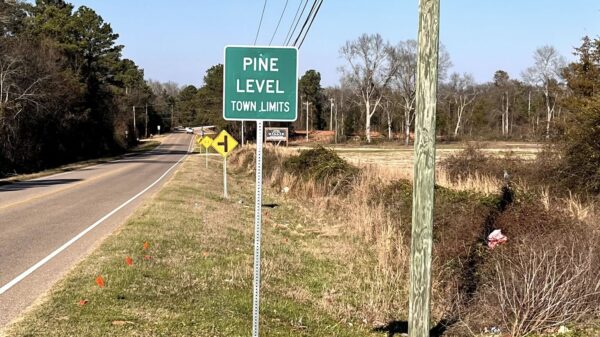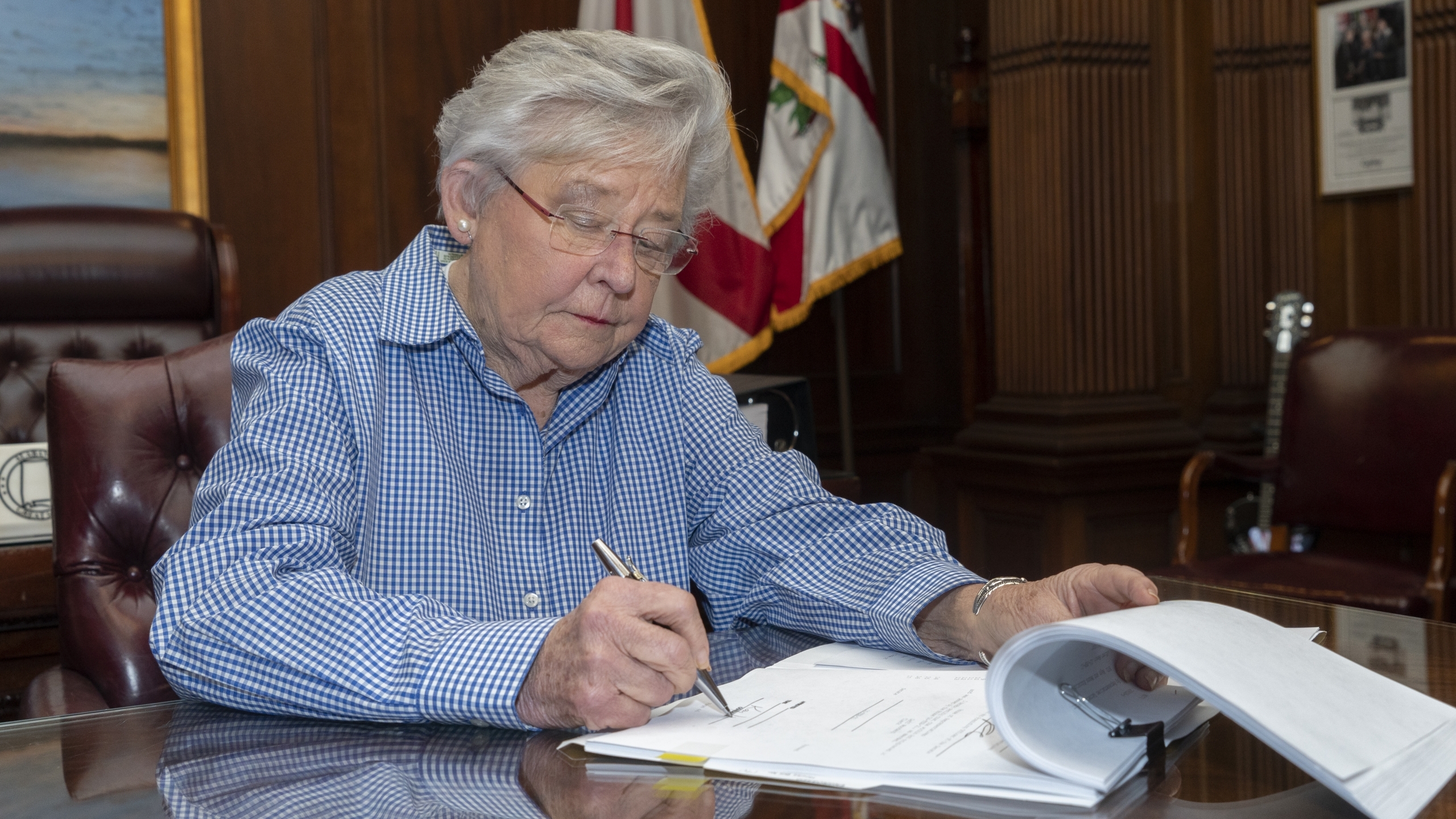Governor Kay Ivey on Tuesday signed three notable bills into law aimed at improving Alabama communities.
Governor Ivey signed Senate Bill 224, which requires individuals to contact prospective employers at least three times per week for each week of unemployment claimed to be eligible to receive unemployment compensation benefits. This bill was sponsored by Sen. Arthur Orr.
“Alabama is leading the nation in our economic recovery, and in fact, we have the lowest unemployment rate in the Southeast at 3.0 percent,” said Governor Ivey. “However, we want to do everything possible to continue supporting our businesses. I signed Senate Bill 224 to ensure we are helping those that truly need unemployment assistance while also making sure we hold everyone accountable in their efforts to seek work when there are numerous job openings available.”
Governor Ivey also signed Senate Bill 272, sponsored by Sen. Dan Roberts, to allow the Alabama Board of Medical Examiners and the Medical Licensure Commission to draft rules for the use of technology used to deliver telemedicine care.
“Over the last few years, the need to expand telehealth and telemedicine in our state has grown tremendously; therefore, I am proud to sign Senate Bill 272, the first piece of legislation to regulate digital access to health care for Alabamians,” said Governor Ivey. “SB272 will further our efforts to give Alabamians more options as they seek quality medical care across the state. Being from rural Alabama, I know this legislation can have a major impact in rural citizens getting the care they need instead of putting it off.”
This measure also goes hand in hand with the Ivey Administration’s commitment to expanding broadband services in the state.
Lastly, Governor Ivey signed House Bill 385, sponsored by Rep. Kyle South. The bill exempts homeless youth from fees associated with obtaining drivers licenses.
“I have signed House Bill 385 to remove a barrier to give our homeless youth the opportunity to obtain needed identification for employment purposes,” said Governor Ivey. “We want to make it easier for these youth to be able to make an income when they are at their lowest and working to get out of tough situations.”

















































